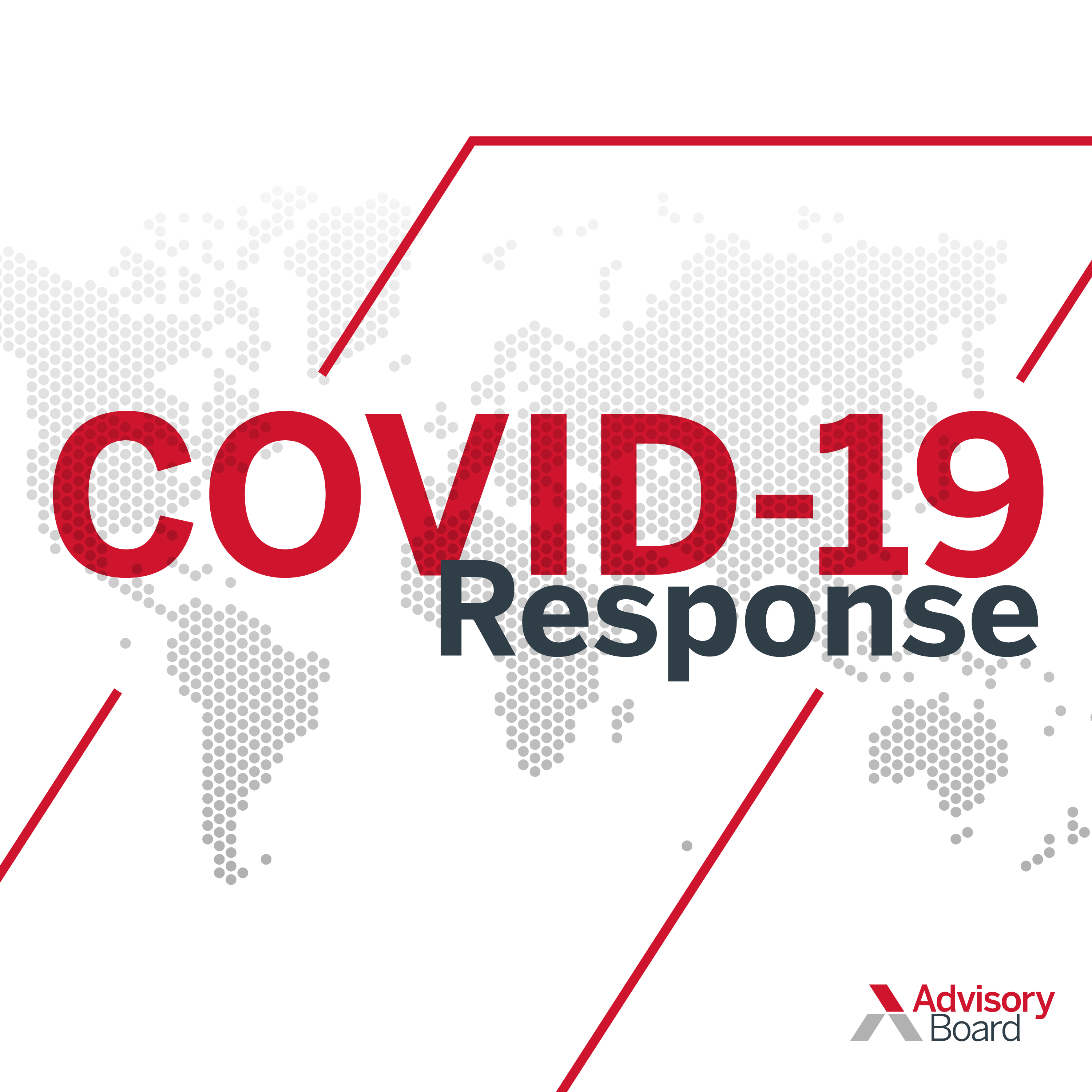Auto logout in seconds.
Continue LogoutWriting for the Washington Post, Sara Murray, Rhiannon Croci, and Robert Wachter of the University of California, San Francisco explain why the distinction between hospitalizations "for" Covid-19 and "with" Covid-19 matters.
Access our new omicron surge toolkit
In the hospital 'with' Covid-19 or 'for' Covid-19?
The omicron variant is driving another surge in Covid-19 across the country. But omicron appears to often result in less-severe illness than previous variants. So, according to Murray and colleagues, many people are looking at hospitalizations instead of cases to judge the severity of the current surge.
But looking just at hospitalizations doesn't give a clear picture either. According to the authors, hospitals are now seeing an increase in what's being called "incidental Covid," which is when an individual is admitted for something other than Covid-19 but then tests positive for the coronavirus, typically during routine screening. The authors write that these cases make it difficult to accurately gauge patients hospitalized "with" Covid and patients hospitalized "for" (or "because of") Covid.
This distinction is important, because it can be used to serve different narratives about the severity of the pandemic. Murray and colleagues write that the fact that many patients are hospitalized "with" Covid rather than "for" Covid could be confirmation of some people's belief that it's "time to stop fretting about the virus and get on with our lives." But the authors point out that other people feel that focusing on this distinction may downplay the severity of the crisis.
Why is the distinction so challenging?
According to the authors, one reason the distinction between being hospitalized "with" and "for" Covid-19 has been especially difficult to track is because there are no nationally accepted methods for disaggregating individuals hospitalized "with" and "for" Covid-19—nor a definition of what "incidental Covid" means.
To assess the issue, the authors analyzed around 50 Covid patients hospitalized in their large teaching hospital in San Francisco. But even after implementing relatively strict inclusion criteria, they struggled to find a method to determine the proportion of hospitalized Covid-19 patients who could be correctly characterized as having "incidental" Covid-19.
Murray and colleagues used several criteria to differentiate between the "for" and "with" groups, including admission diagnoses for conditions such as Covid-19 pneumonia or respiratory failure. Based on those criteria, the authors determined that at least half of the Covid-19 patients were admitted "for" complications of their coronavirus infections.
However, beyond that, they realized that the distinction between the "with" and "for" groups was surprisingly ambiguous—and the fraction was largely determined by the methods they used. For instance, they cite as an example one "incidental" Covid-19 patient in his 60s who was admitted for cardiac arrest. However, a closer examination found that the patient had been suffering from Covid-19 at home, and subsequent testing found he had had severe Covid-related pneumonia, likely precipitating his cardiac arrest.
Further complicating the issue, according to the authors, is that because omicron is so transmissible, the number of people acquiring Covid-19 cases while hospitalized is increasing. So, looking solely at "admission diagnoses for Covid-related illness would characterize such patients as having incidental Covid, even though Covid will undoubtedly increase the length of their stay, and, for some, their risk of a bad outcome," the authors write.
To further refine their analysis, the authors then assessed whether the patients they studied were given at least a five-day treatment of remdesivir during their stay. This led them to conclude that roughly one-third of their Covid-19 patients were "truly incidental."
However, noting that the metric for patients hospitalized "for" Covid-19 will continue to change as the pandemic—and treatments—progress, the authors concluded that CDC must quickly define "incidental Covid." Ultimately, they write, "Until we have a definition and a universal metric, the concept is likely to confuse people more than enlighten them—and to become partisan fodder." (Murray et al., Washington Post, 1/7)
 We've collected our best resources and insights for creating capacity, supporting staff, communicating with patients, and more. This page will be a consistent work in progress as we compile the newest and most helpful resources. Check out all the resources, including:
We've collected our best resources and insights for creating capacity, supporting staff, communicating with patients, and more. This page will be a consistent work in progress as we compile the newest and most helpful resources. Check out all the resources, including:
Don't miss out on the latest Advisory Board insights
Create your free account to access 1 resource, including the latest research and webinars.
Want access without creating an account?
You have 1 free members-only resource remaining this month.
1 free members-only resources remaining
1 free members-only resources remaining
You've reached your limit of free insights
Become a member to access all of Advisory Board's resources, events, and experts
Never miss out on the latest innovative health care content tailored to you.
Benefits include:
You've reached your limit of free insights
Become a member to access all of Advisory Board's resources, events, and experts
Never miss out on the latest innovative health care content tailored to you.
Benefits include:
This content is available through your Curated Research partnership with Advisory Board. Click on ‘view this resource’ to read the full piece
Email ask@advisory.com to learn more
Click on ‘Become a Member’ to learn about the benefits of a Full-Access partnership with Advisory Board
Never miss out on the latest innovative health care content tailored to you.
Benefits Include:
This is for members only. Learn more.
Click on ‘Become a Member’ to learn about the benefits of a Full-Access partnership with Advisory Board
Never miss out on the latest innovative health care content tailored to you.

